Wehah Farms is in the spotlight for recalling 4,600 cases of Lundberg Family Farms Sustainable Wild Blend Gourmet Rice.
This recall, sparked by potential “rodent origin” contamination, impacts an alarming 27,000 one-pound bags across Arizona, California, Florida, Maine, New Hampshire, Oregon, and Wisconsin.
What’s Being Recalled?

Inside each case are six one-pound bags of rice now under scrutiny. The Food and Drug Administration flagged this issue but hasn’t specified what the contamination entails.
They first announced this concern on May 10, 2024, signaling a serious health alert for consumers.
Where Was This Rice Sold?

This isn’t a small-scale problem.
The rice reached shelves in Arizona, California, Florida, Maine, New Hampshire, Oregon and Wisconsin, amplifying the recall’s impact. If you’re shopping in any of the affected states, double-check your rice purchases to ensure they’re not from this recalled batch.
What’s in the Bag?
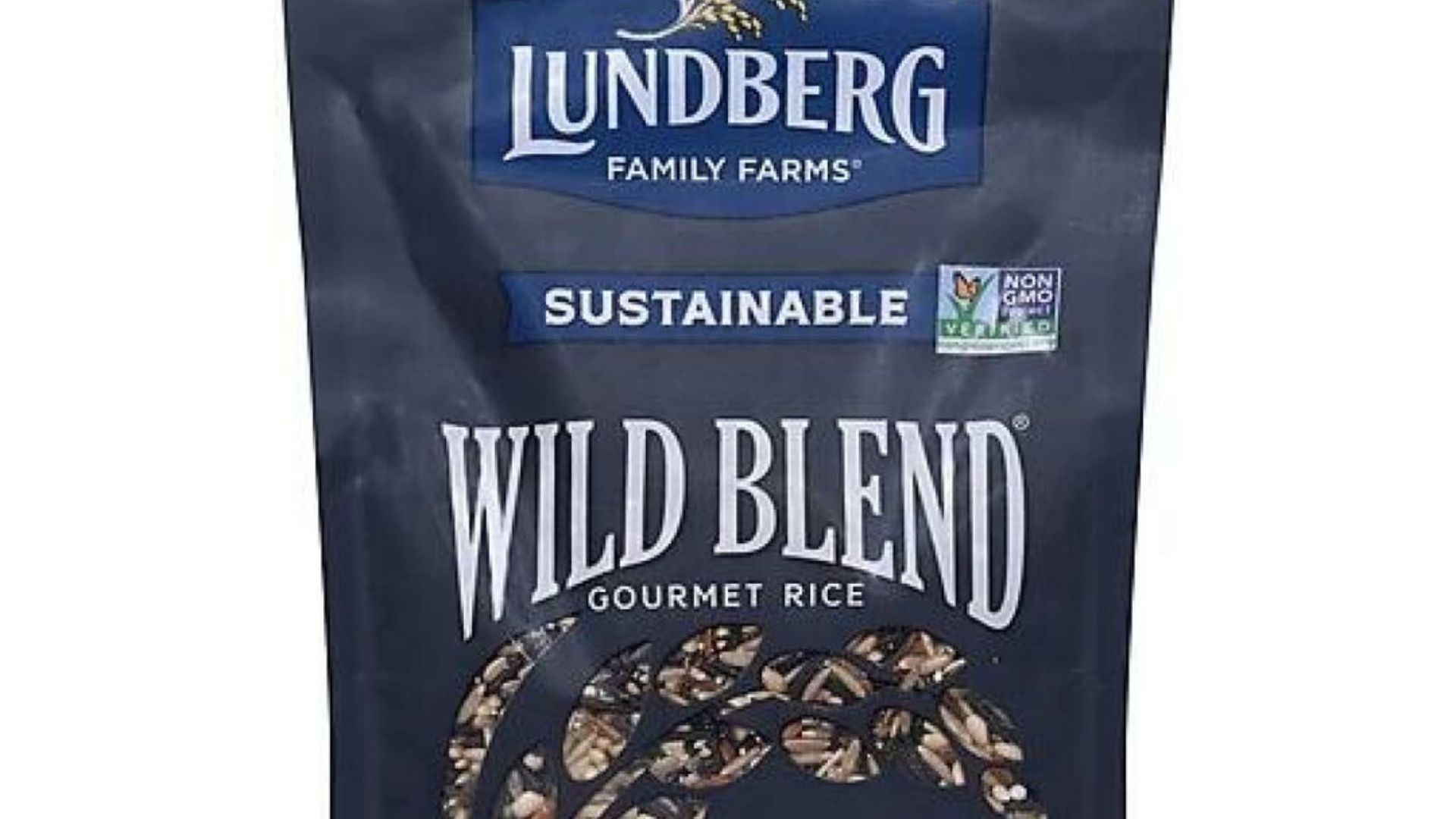
Each bag, selling for $5.99, blends black, brown, red, and wild rice under the Lundberg Family Farms label.
This gourmet mix is now under a cloud of suspicion due to the contamination fears.
How to Spot the Recalled Rice

Look for the lot number 231004 with a best by date of October 4, 2024, on rice packages. Matching this description?
The FDA and Wehah Farms are advising consumers to throw these bags away immediately to avoid any health risks.
The Recall’s Timeline

Initiated by Wehah Farms, this recall gained official classification as a Class II recall from the FDA on July 17.
This label indicates a serious but not immediately life-threatening level of risk.
Decoding a Class II Recall

The FDA explains that a Class II recall might lead to “temporary or medically reversible adverse health consequences.”
Fortunately, the chance of severe health issues remains low, which offers some reassurance amidst the concern.
Understanding Recall Severities

Recall categories vary greatly—a Class I is the most urgent, suggesting serious health risks up to and including death, whereas Class III poses the least threat.
Knowing these distinctions helps consumers gauge the seriousness of each recall situation.
Limited Recall Scope
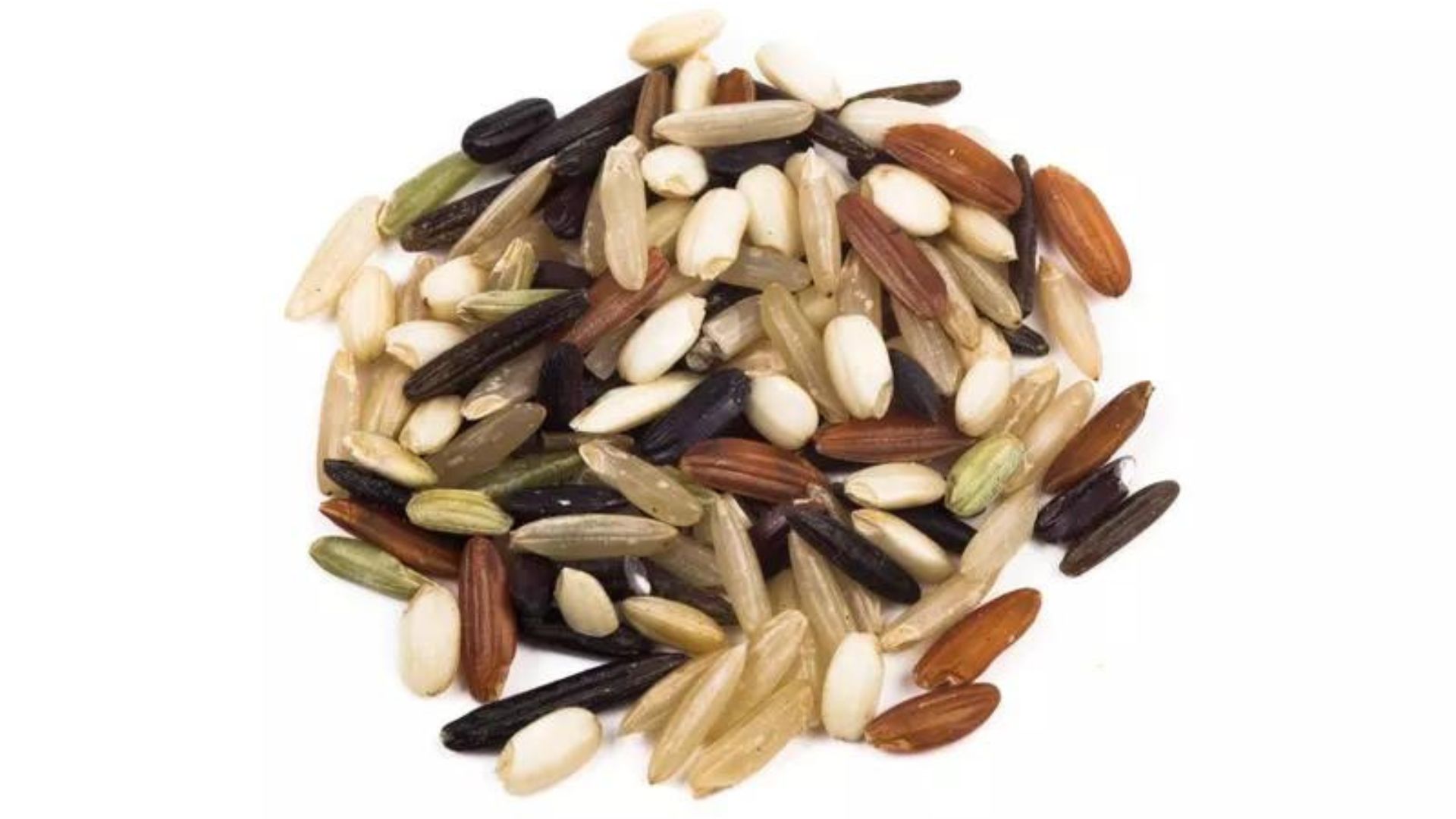
It’s crucial to note that only the one-pound bags are affected.
If you have four-pound or twenty-five-pound bags of the same wild rice blend, they’re considered safe and are not part of this recall.
Other Products Are Safe
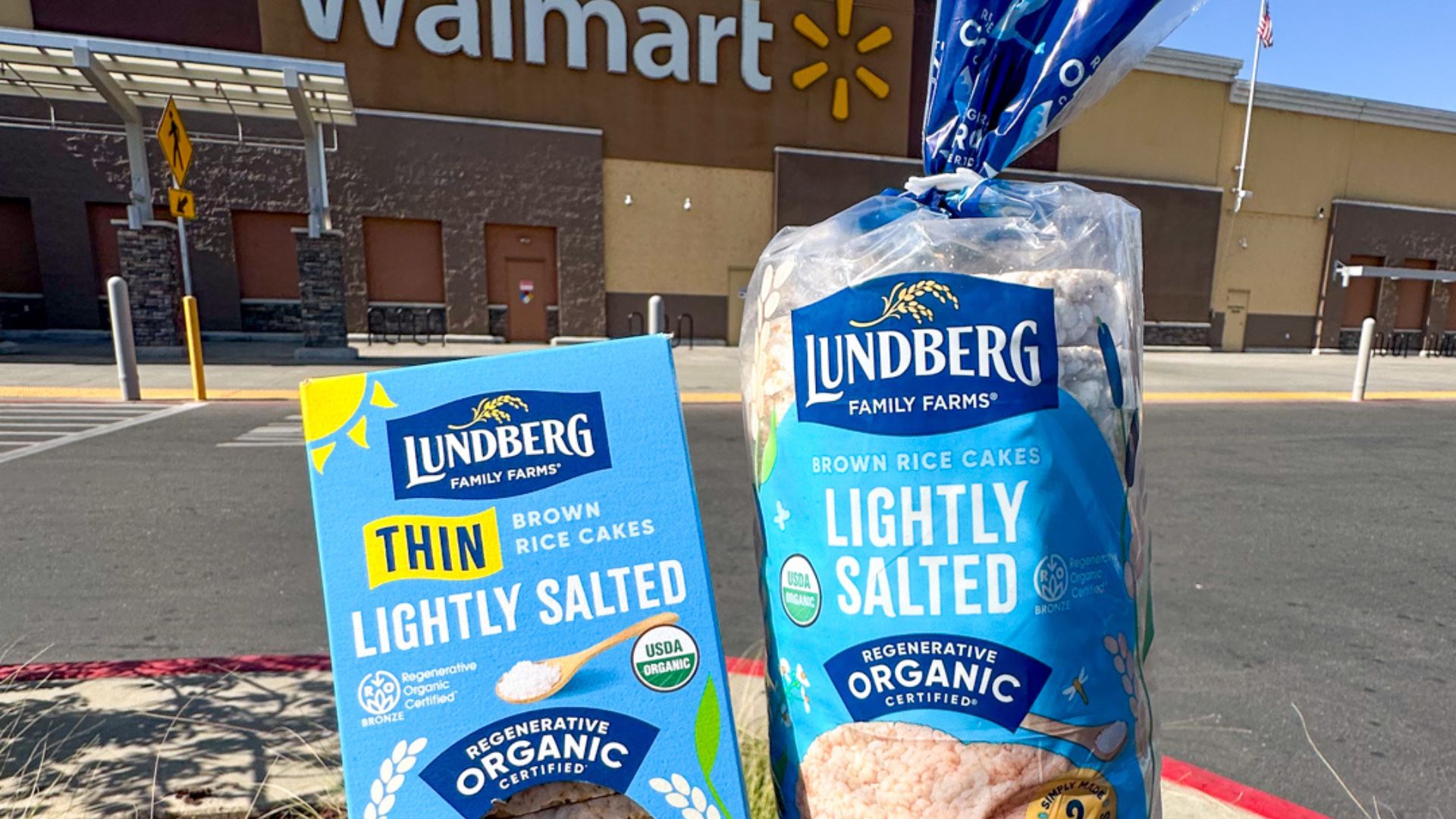
Despite the current concerns, other Lundberg Family Farms products remain unaffected.
Shoppers can continue to purchase other rice variants from this brand with confidence as they meet all safety standards.
A Pattern of Recalls

This incident follows closely on the heels of another major recall where AW Farms in Kentucky had to pull back thousands of pounds of hot dogs that bypassed a federal inspection.
It’s a sharp reminder of why food safety vigilance is critical.
The Importance of Staying Informed

Keeping up with food recall news is essential for consumer safety.
Regularly checking updates from reliable sources and being vigilant about checking product labels can help you steer clear of potential health hazards lurking in recalled products.
Dangers of Contamination

Rodents like rats and mice are known by health experts as dangerous vectors of disease, which makes it particularly scary if there has been a known contamination of food.
Rats are, for example, a breeding ground for all kinds of viruses, bacteria, and parasites which are a result of the surroundings they live in.
Rat Waste
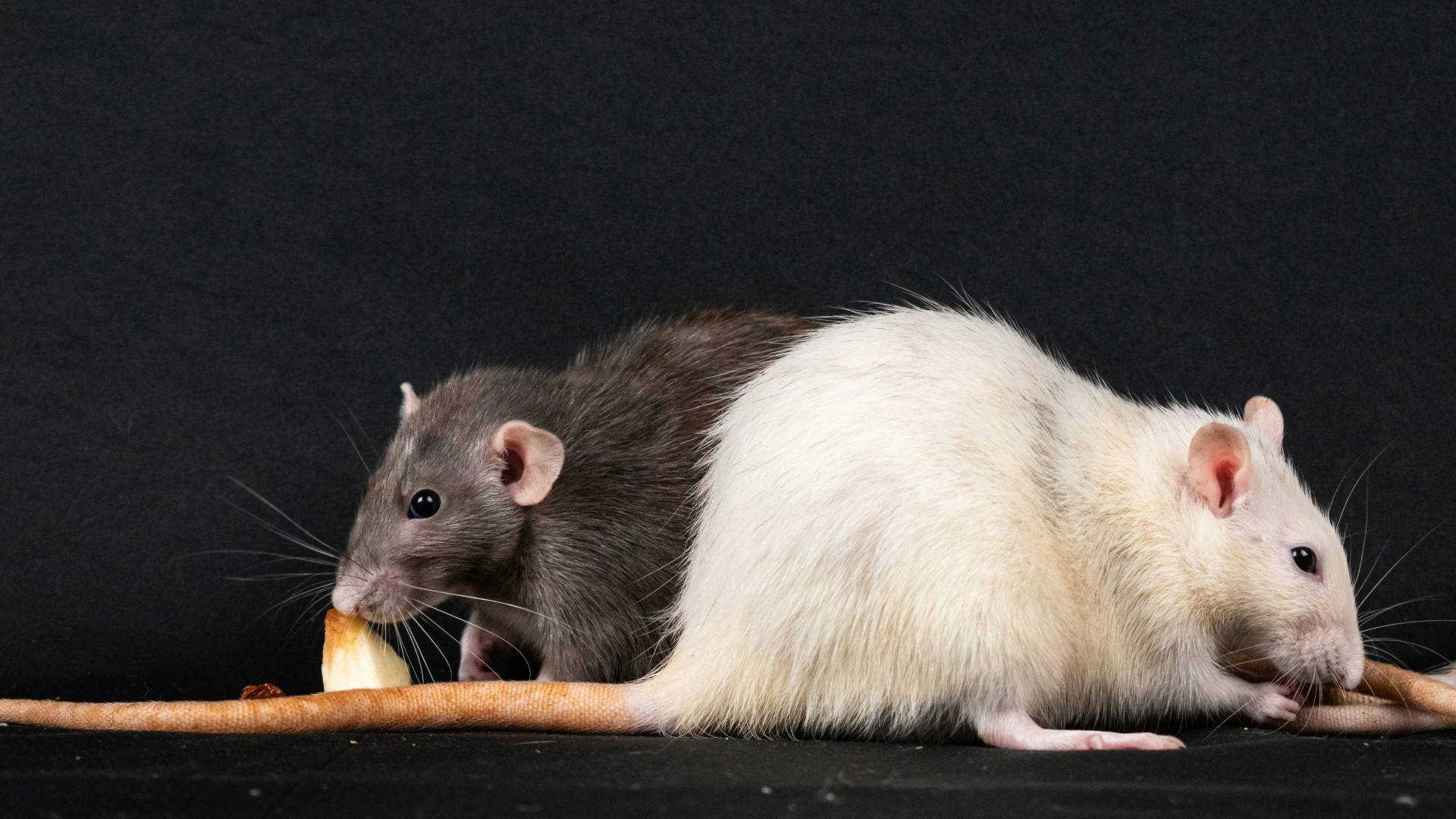
In addition to the numerous diseases rats are capable of transporting, their tendency to leave droppings and urine in food can increase the rate at which food spoils.
Rats reportedly can produce more than two teaspoons of urine and excrete over 50 fecal droppings over a 24-hour period. Food contaminated by rodent droppings can quickly become inedible.
Human Fault

While some might be quick to blame the rats for their ability to spread disease, the truth is that some of this is partly the fault of humans.
Rodents that live in human environments and structures tend to carry more dangerous pathogens than those that live out in more natural areas, as a result of the waste that humans create.
Rat Behavior

Rodents like rats have an evolutionary strategy where they scour a wide area in search of food to beat other animals to the essential calories they need to reproduce and survive.
They are famous for being non-picky eaters, so this combined with their wide travel means they are capable of being carriers for lots of diverse pathogens and diseases.
Quick Reproduction

While some may think that this rat strategy of contracting lots of diseases can’t be a good one, this downside of their eating habits is offset by a quick reproduction rate.
By the time a rat is incapacitated or dies from a disease, they have already had enough time to quickly reproduce. Rats reach sexual maturity after only about 38 days, and a single pair of rats can swell to a population of 1,250 in just one year.
How Dangerous is the Rodent Risk?

The severity of the danger of this particular contamination is unknown, and experts say how the food is processed will be a large factor.
“It depends on how the food is processed,” said Thomas Russo professor and chief of infectious disease at the University at Buffalo Jacobs School of Medicine and Biomedical Sciences. “Some of these may be inactivated, depending on the processing and sterilization that may occur.”
Low Likelihood

According to Russo, people may accidentally ingest rodent-contaminated food without knowing and it’s possible that someone will feel fine.
“The likelihood of getting sick is small, but if anyone feels that they ingested this and developed a response, reach out to a healthcare professional to get this sorted out,” said Russo.
Better Safe Than Sorry

However, the very real risk of contracting dangerous diseases from rodent contamination means that someone should not leave it up to chance.
One disease rodents carry, known as Hantavirus, has a death rate from a severe illness case of 40 to 50%, and recovering normal lung function after the illness can take weeks or months.
Commonality of Recalls

Despite the visceral reaction of accidentally ingesting rodent parts and the risk of disease, experts say that these kinds of recalls are actually common.
“Recalls like this are actually fairly common,” said Ellen Shumaker, PhD, director of outreach for the Safe Plates program at North Carolina State University. “Foods can become contaminated due to rodent parts, as well as other foreign material such as pieces of metal or plastic from equipment malfunctions.”
Proper Storage

Shumaker asserts that rodents are attracted to places that are not clean, where the possibility of improper food storage could net them a meal.
“They’re also attracted to high-moisture areas, storage areas where food is not properly sealed, and in general areas that are not clean and organized and free of debris [or] garbage,” Shumaker said.
Millions of Units
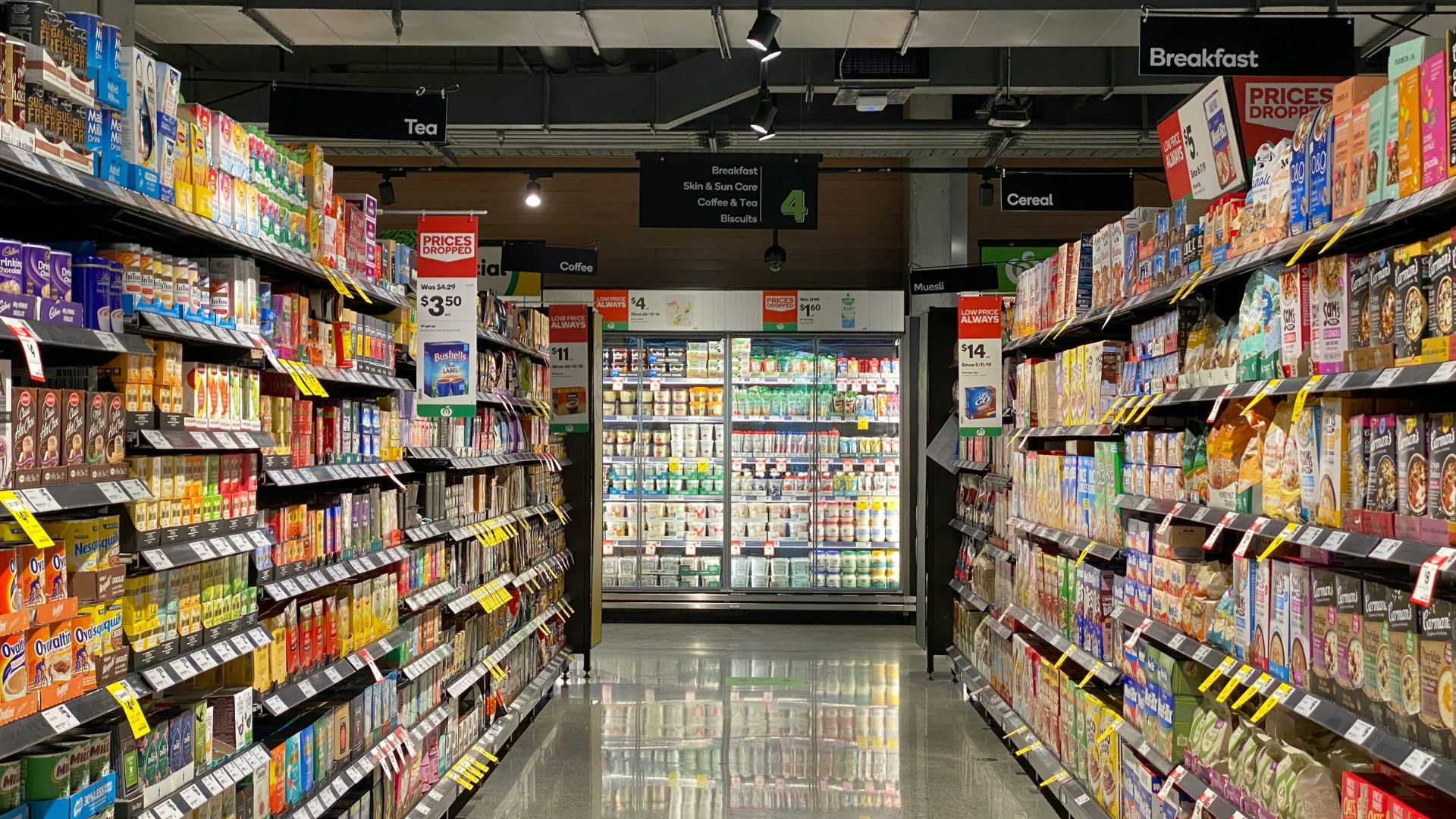
According to Statista, the FDA recalls almost a hundred million units of food every quarter of the year in the United States.
The most common reason for a recall is microbiological contamination, and prepared foods are the highest category of foods recalled.
Normal Recall Process

Typically, food recalls are initiated by the producer, manufacturer, or distributor of the item, when they become aware of possible, probable, or definite contamination and contact the FDA.
However, there are times when US government agencies will initiate recalls on their own if they discover evidence that compels one. In addition to contamination, food recalls are also started because of the presence of allergenic substances or because of product mislabeling.
